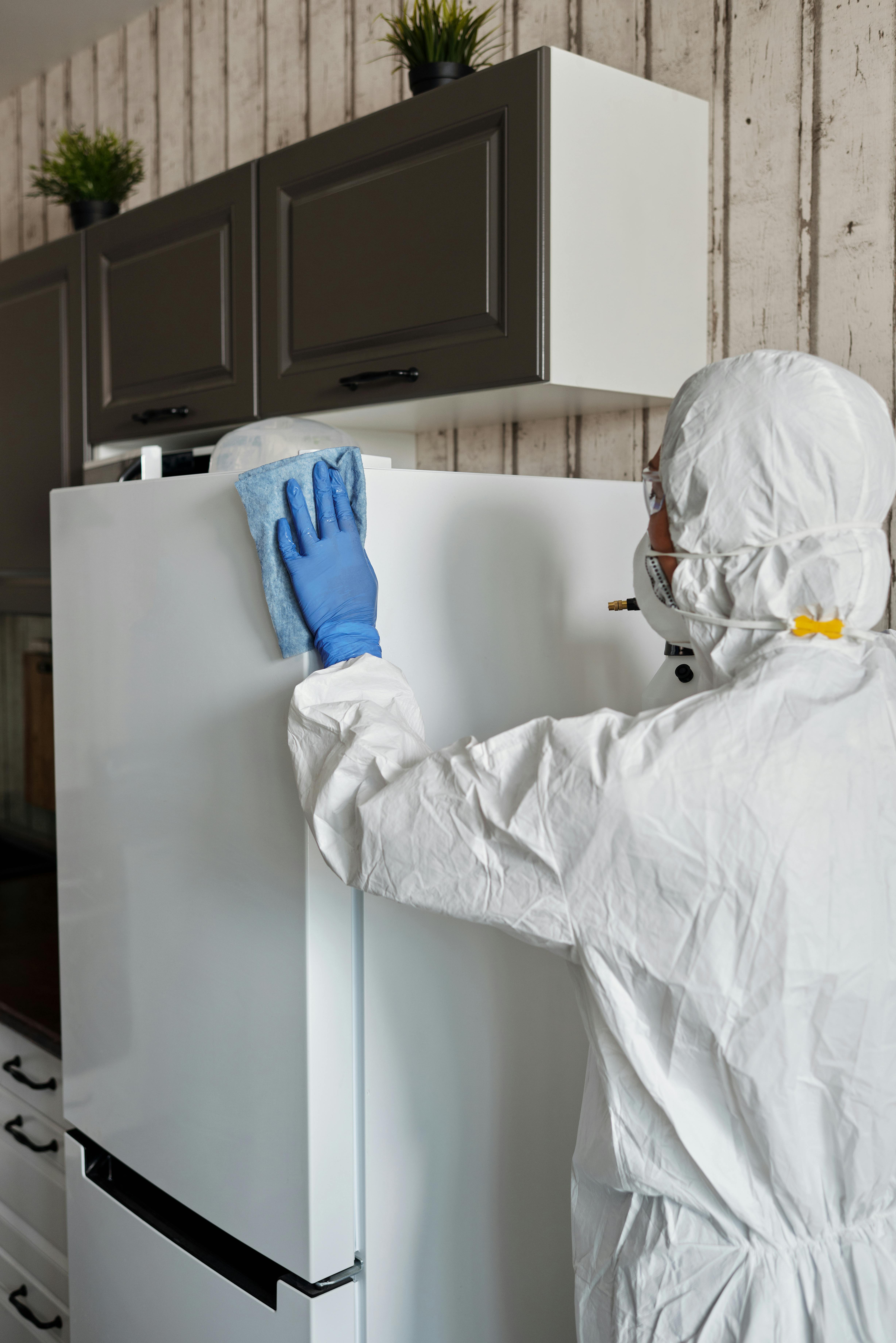Comprehensive Guide to Measles: Prevention Strategies for You and Your Family

Measles is an infectious disease which can cause severe complications, especially in infants, pregnant women, and individuals with a weakened immune system. It is alarming, however, that the world is witnessing a surge in measles cases. This contagious disease is preventable, and the first step in preventing it is by understanding what it is, its symptoms, and potential complications.
Measles is a highly contagious disease caused by the measles virus. It is transmitted through the air when an infected person coughs, sneezes, talks, or even breathes. The disease begins with a fever, followed by a cough, runny nose, and conjunctivitis commonly known as pink eye. The more recognizable symptom of measles, a rash, surfaces about three to five days after the initial exposure.
Early diagnosis is essential to managing measles. Knowledge about the signs, symptoms, and potential complications of measles is your first defense. Remember, to protect the ones you love, you must first protect yourself.
Measles Immunization: The Best Requirement and Defense
Vaccination remains the most effective tool against measles. The MMR vaccine, which offers protection against measles, mumps, and rubella, is a highly effective preventive measure. Usually given in two doses, it has been administered worldwide and has proven its effectiveness in reducing the incidence rate of these diseases.
Children have the highest risk of contracting measles, making their immunization a top priority. The first dose should be given between 12 to 15 months of age, and the second dose between 4 to 6 years. However, if measles is rampant or if traveling to a measles-endemic region, the second dose can be given as early as 28 days after the first.
Despite combating myths and misconceptions, thoroughly conducted studies have repeatedly reaffirmed that the MMR vaccine does not cause autism or any long-term health issues. Vaccination does not only protect an individual, but also the community. It furthers herd immunity, reducing the chance of high-risk individuals contracting the disease.
Pregnancy and Measles: What You Need to Know
Measles is particularly dangerous for pregnant women as it increases risks of premature birth, low birth weight, and in some circumstances, can cause pregnancy loss. MMR vaccination prior to pregnancy is the most effective means to protect the mother and child. However, since the vaccine contains a live virus, it is not recommended during pregnancy.
For pregnant women who are not immune, it's advisable to avoid contact with infected individuals. They must also postpone travel to measles-endemic areas. If exposed to the virus, they should immediately seek medical consultation.
Understanding Measles World Health: An International Perspective
Measles is not bound by geographical boundaries. With international travel, the disease can easily spread across different regions leading to outbreaks. Regions like Africa, Europe, and some parts of Asia have a particularly high incidence of the disease.
Therefore, if you are travelling to any of these regions, especially if travelling with young children or pregnant women, it's highly recommended to ensure everyone in the group is protected against measles. The most effective way is vaccination. But in case immediate vaccination is not feasible, observe precautionary measures like maintaining personal hygiene, using masks, and avoiding contact with infected individuals.
Conclusion: Building a Measles-Free Community
Constructed measles immunity is our collective responsibility. By getting vaccinated, we not only protect ourselves but also the most vulnerable within our communities like infants, pregnant women, and immunosuppressed persons. It's a commitment we owe to ourselves, our families, and our communities.
The comprehensive understanding of measles, its symptoms, complications, and prevention will always empower us to make the right health decisions. Remember, with knowledge and precaution, we can ensure a safer, healthier future for us and our next generations. Be informed, be protected, and safeguard the wellbeing of your family and community against measles.





